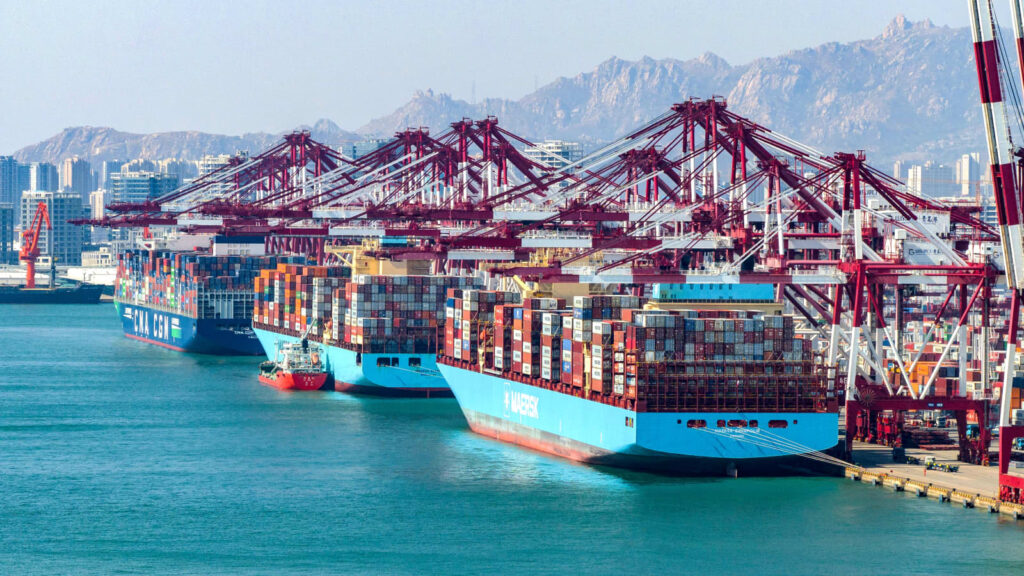
By Deborah Olaoluwa
The world’s first-ever global, legally binding carbon price—for any industry—is on the table for adoption at the upcoming International Maritime Organisation (IMO) meeting from October 14-17 in London.
If the IMO Net-Zero Framework is adopted, all large ships operating globally, including cruise ships, would be required to slash emissions by 17% by 2028—with increasing emission reduction targets thereafter—or pay a fee.
Currently, the global shipping industry runs on some of the dirtiest fossil fuels and accounts for 3% of global carbon emissions—polluting the ocean and imperiling the health of people in coastal areas.
“This agreement provides a lesson for the world that legally-binding climate action is possible now. It is a major win for our climate–and for human health, wildlife and the ocean, Delaine McCullough, Ocean Conservancy’s shipping program director said.
For too long, ships across the globe have run on crude, dirty oil, worsening the climate crisis and causing a whopping 250,000 premature deaths and 6 million cases of childhood asthma globally every year.
“It’s encouraging to see an industry rally around a real, binding commitment to drastically reduce these dangerous emissions. The technology to make ships greener has long existed. This includes measures such as reducing vessel speed, adding sails to harness wind power, powering ships with rechargeable batteries and fuel cells where possible, and deploying new zero-emission fuels that are safer for people and the ocean. What has been missing—until now—is a plan that countries could agree on, McCullough added.
Experts say that “more will need to be done to strengthen this agreement to ensure there are no loopholes for unsustainable fuels, incentivise the rapid uptake of clean alternative fuels, and distribute revenues fairly.
They applaud IMO and the countries that have led this process for taking this important step, and look forward to continuingthe work to make this framework as ambitious as possible.
In the 2018 Greenhouse Gas Strategy, the IMO’s goal was to halve emissions by 2050; thanks to Ocean Conservancy’s advocacy, their aim is now to reach net-zero in the same time.
Ocean Conservancy played a crucial role in ensuring that the 2023 Greenhouse Gas Strategy includes interim targets to drive early emission reductions and was deeply involved in the negotiations on the Net-Zero Framework.











